
In the rife, overstuffed annals of Hollywood, few real-life love stories can match that of Liz Taylor and Montgomery Clift. That Clift was gay made little difference in the intensity and duration of the two stars’ adoration of one another: here, after all, were two talented, passionate artists who met at a young age—she was in her teens; he was in his late twenties—and immediately discovered that they were, for lack of a better phrase, soul mates.
By the time they shared the screen together for the first time, in the classic murder-romance-melodrama, A Place in the Sun (1951), both were bona fide box-office draws: Taylor had been onscreen since she was 10, and Clift—a soulful, introverted Method actor who influenced countless others who came after him—had already garnered the first of his four career Oscar nominations. (He never won an Academy Award, although most movie aficionados feel he deserved at least one, for his unforgettable turn as the tortured Robert E. Lee Prewitt in From Here to Eternity.)
Their unique bond—so evident in these pictures made on the Paramount lot during filming of A Place in the Sun, and never published in LIFE—was occasionally deepened even further by disasters visited upon them both through the years. For example, in 1956 Taylor likely saved Clift’s life when, after he crashed his car leaving a party at her home, she raced to the wreck and literally pulled broken teeth—on which he had begun to choke—from his shattered mouth.
(The Clash famously referenced that awful scene, which changed the course of Clift’s career and set him on a winding path of booze-and-painkiller-fueled decay, in the song “The Right Profile” from London Calling: “I see a car smashed at night. / Cut the applause and dim the light. / Monty’s face is broken on a wheel. / Is he alive? Can he still feel?”)
[Buy the LIFE book, Remembering Liz]
In its May 28, 1951, issue, meanwhile, LIFE magazine wrote of A Place in the Sun:
It is easy for an ambitious young man to get himself involved simultaneously with a simple-hearted girl who lives in a cheap boarding house and an extravagant rich girl who gives gay parties. In 1925 Theodore Dreiser [told such a tale in his] long, oppressively powerful novel, “An American Tragedy,” which in turn made only a fair movie in 1931. This year the young man . . . is the hero of a long, oppressively powerful movie called “A Place in the Sun.” Directed by George Stevens for Paramount, it gives three young actors [Shelley Winters brilliantly played the ‘poor girl’] the chance to give the most natural performances of their careers. Montgomery Clift as the confused, likable, rather stupid social climber; Shelley Winters as the dowdy working girl; Elizabeth Taylor as the dazzling rich girl. Until it sinks into a sentimental quagmire the end, the second movie excels first in being remarkably faithful to Dreiser’s tale of three pitiful youngsters and in telling the story with the same earnestness and breadth that have made the novel survive as a classic.
While they may not make old-timers forget the Greta Garbo-John Gilbert embraces of the ’20s, Miss Taylor and Mr. Clift lose no chance to show why they are considered two of the hottest juveniles in Hollywood. . . . In fact, after the lovers have been separated for good and the young man is in the death house [Clift’s character murders Winters’ after getting her pregnant], the face of the girl comes floating in via double exposure to give him a last unsubstantial peck before he goes out to be executed.
The film went on to win six Academy Awards, including Best Director and Best Screenplay, and is now hailed as a (flawed) classic. Clift and Taylor would star again in another 1950s film, the Civil War-era drama, Raintree County—the movie they were making when Clift almost died in the car wreck outside Taylor’s home—and would remain deeply attached to one another until Clift’s death, at the too-young age of 45, in New York City in 1966.
Liz Ronk, who edited this gallery, is the Photo Editor for LIFE.com. Follow her on Twitter @lizabethronk.
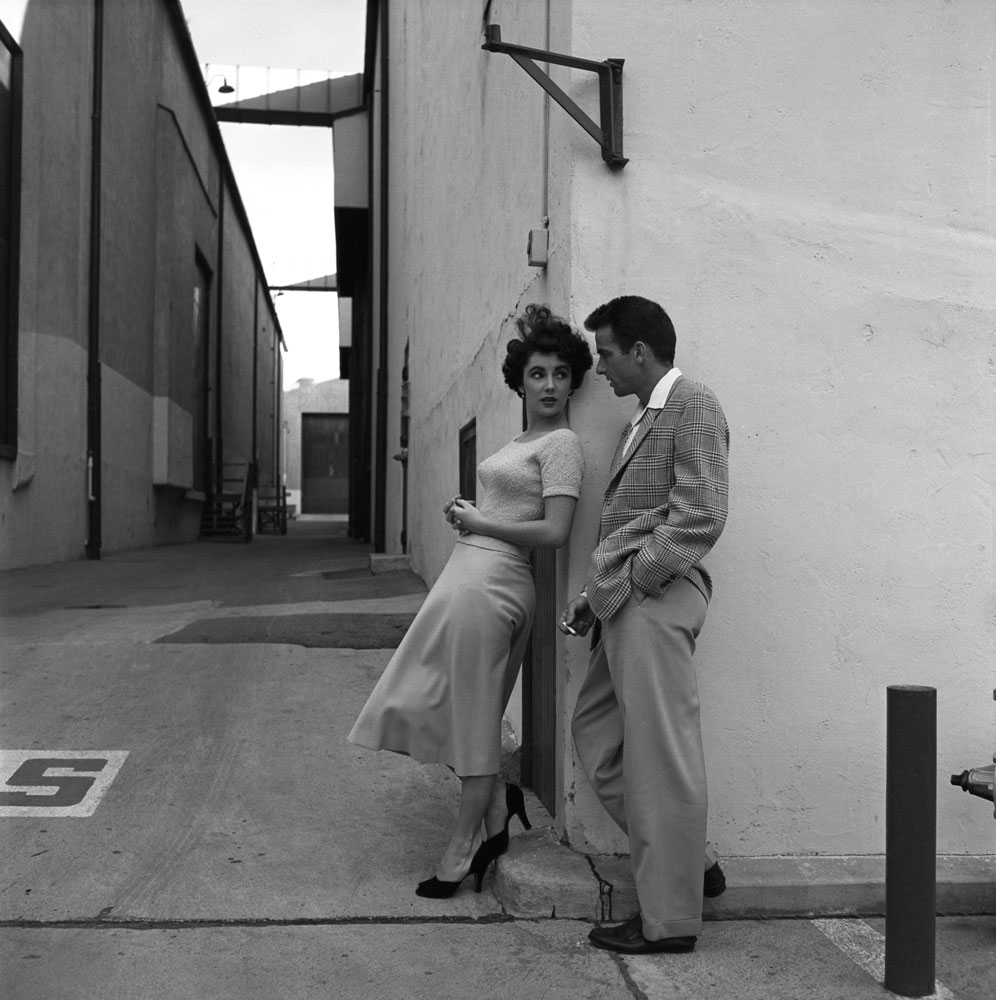
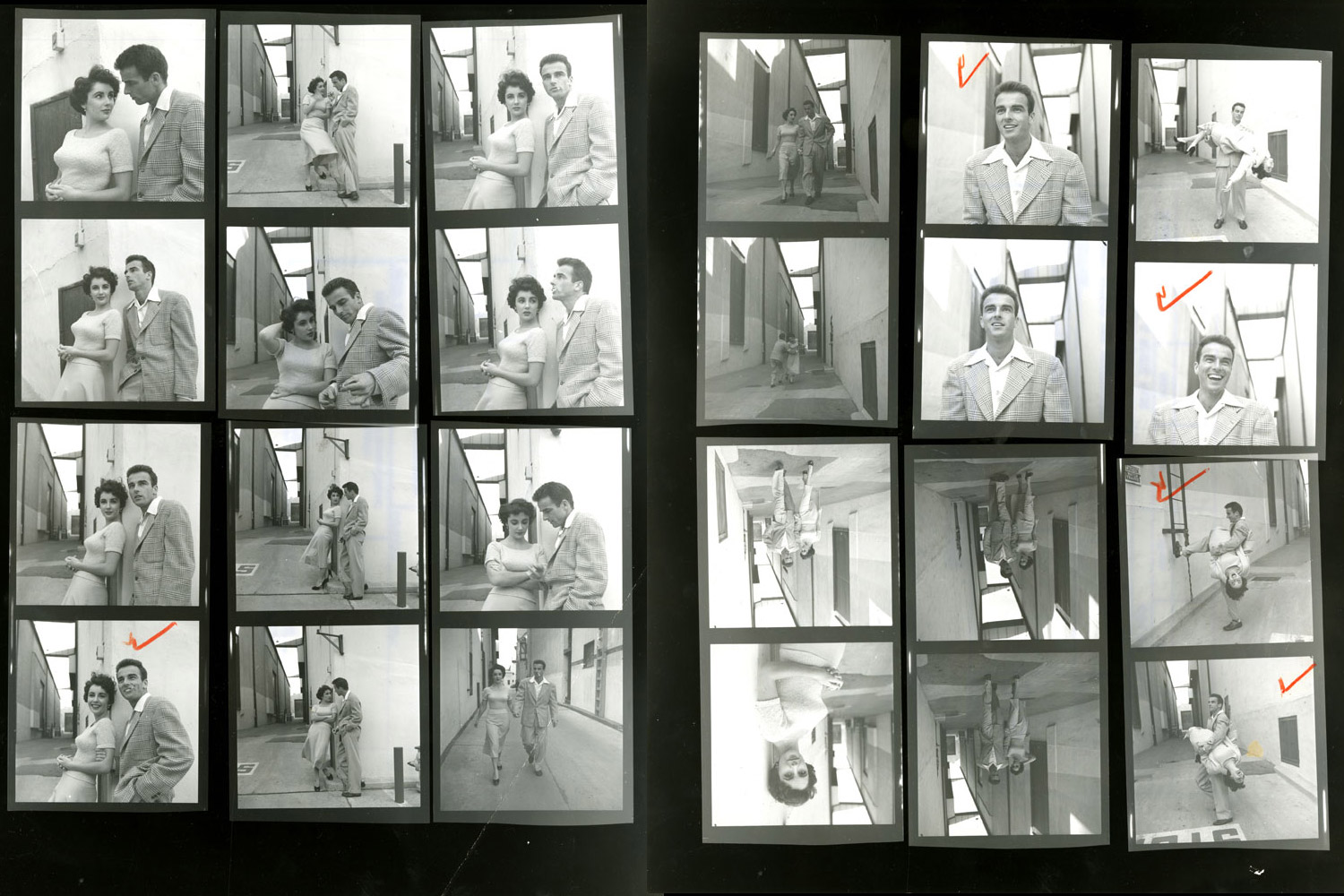
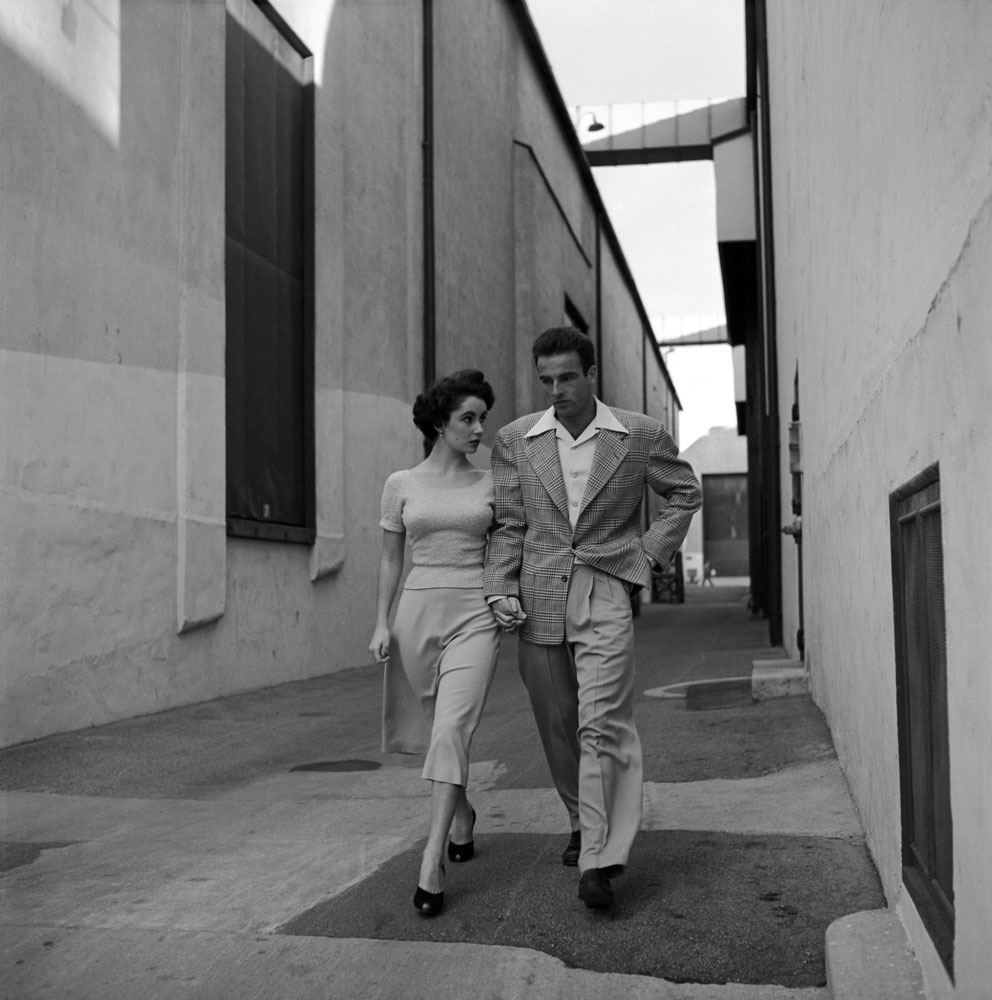
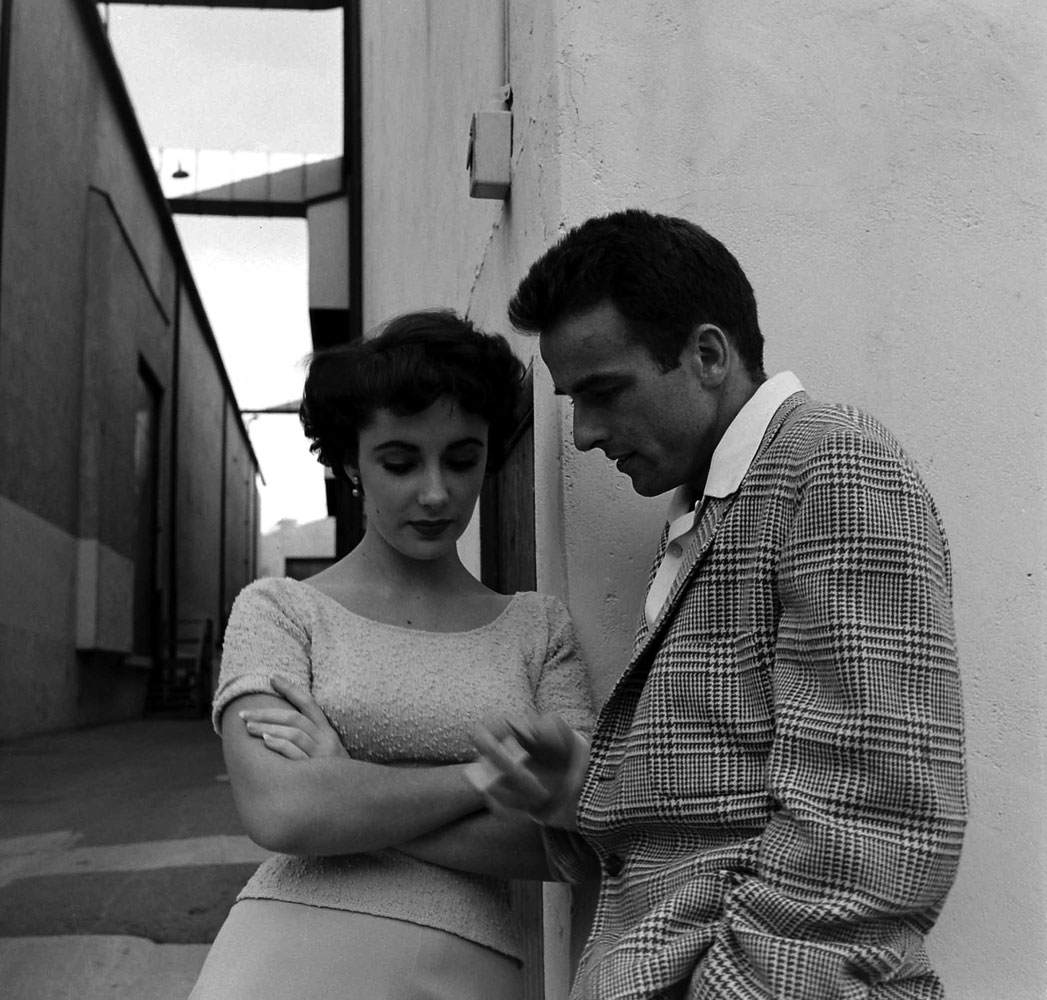
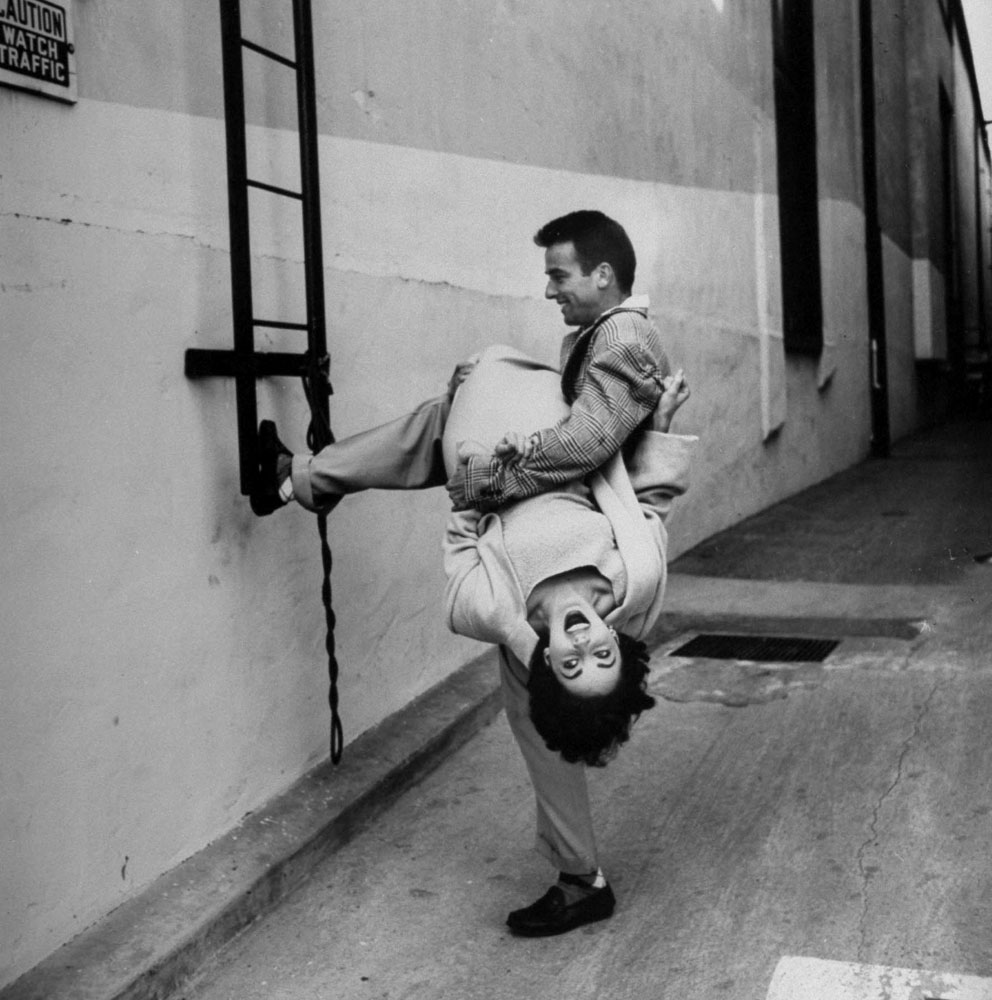
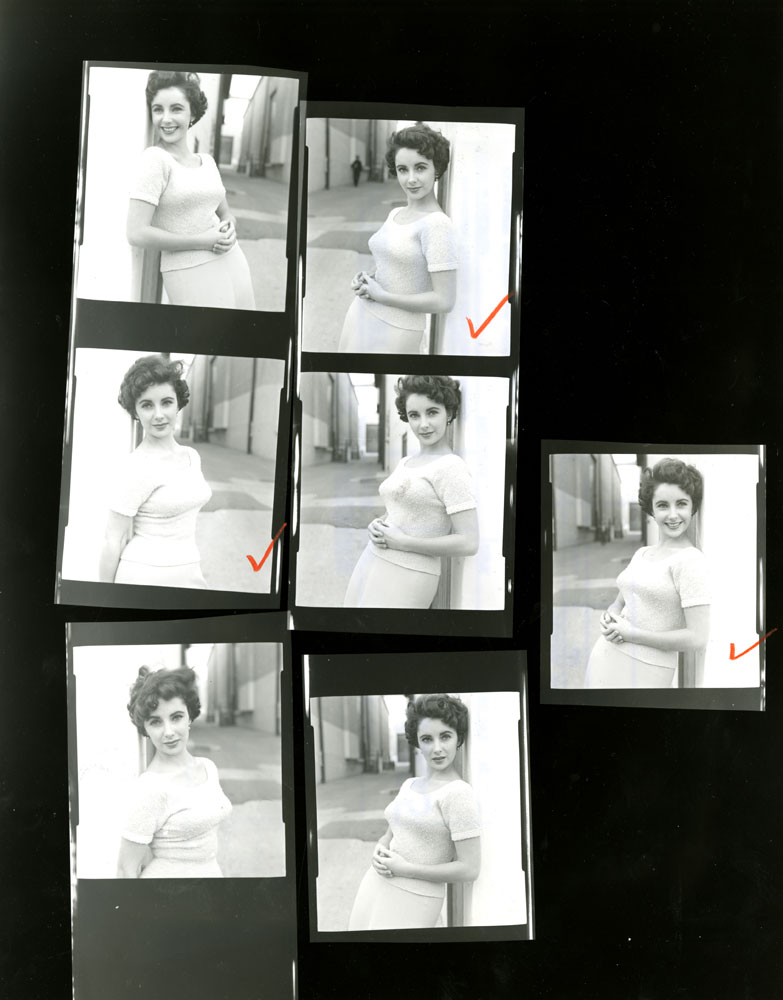
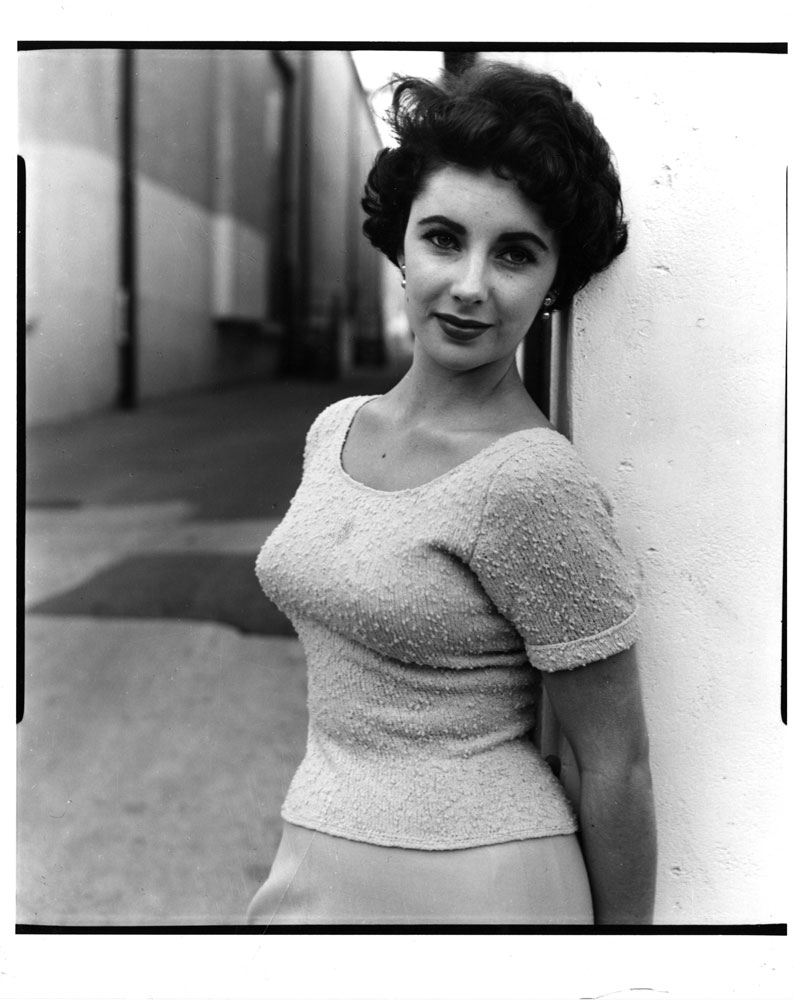
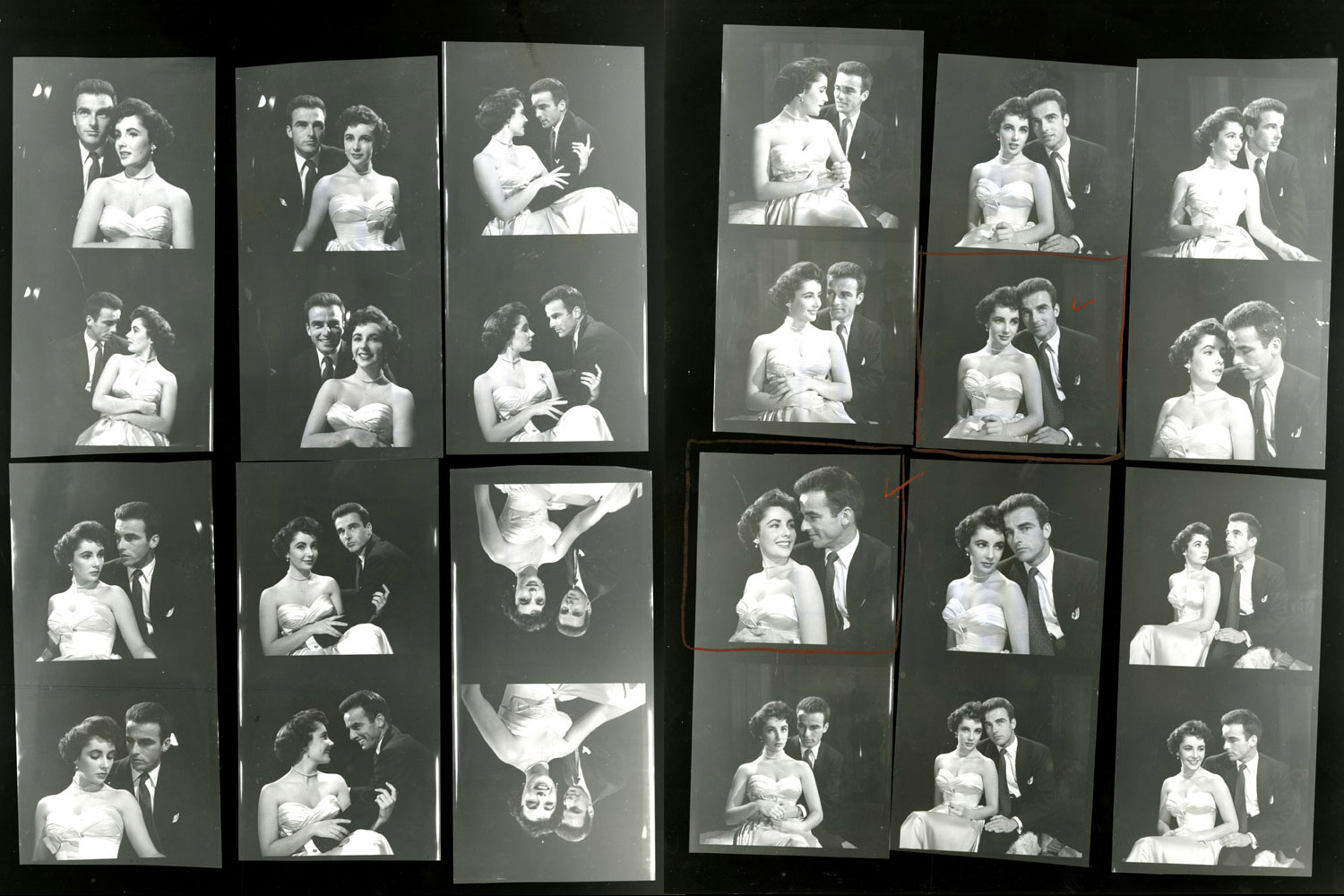

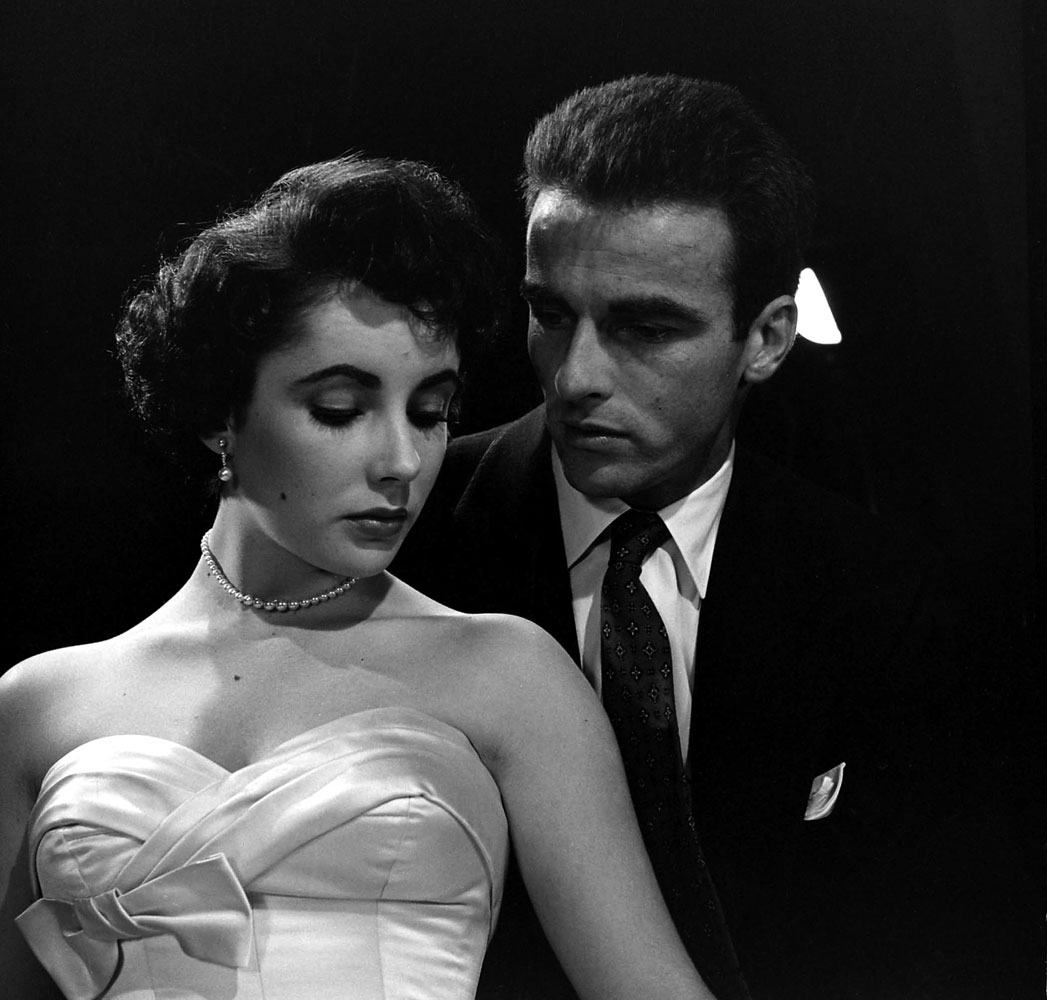
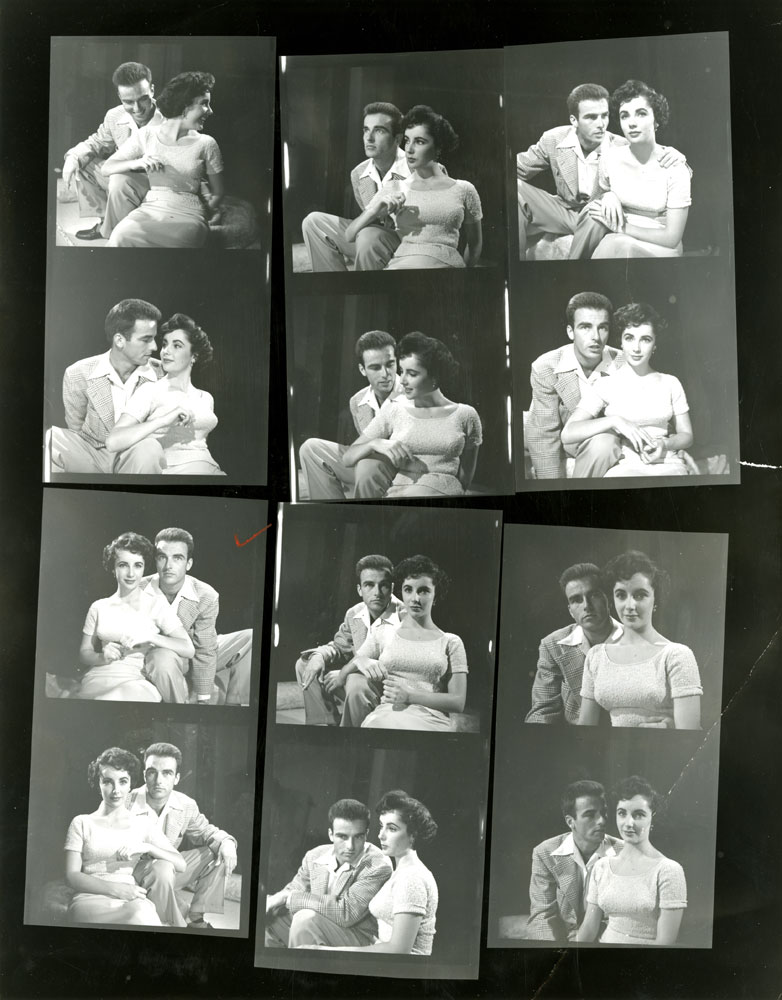

More Must-Reads from TIME
- Donald Trump Is TIME's 2024 Person of the Year
- Why We Chose Trump as Person of the Year
- Is Intermittent Fasting Good or Bad for You?
- The 100 Must-Read Books of 2024
- The 20 Best Christmas TV Episodes
- Column: If Optimism Feels Ridiculous Now, Try Hope
- The Future of Climate Action Is Trade Policy
- Merle Bombardieri Is Helping People Make the Baby Decision
Contact us at letters@time.com